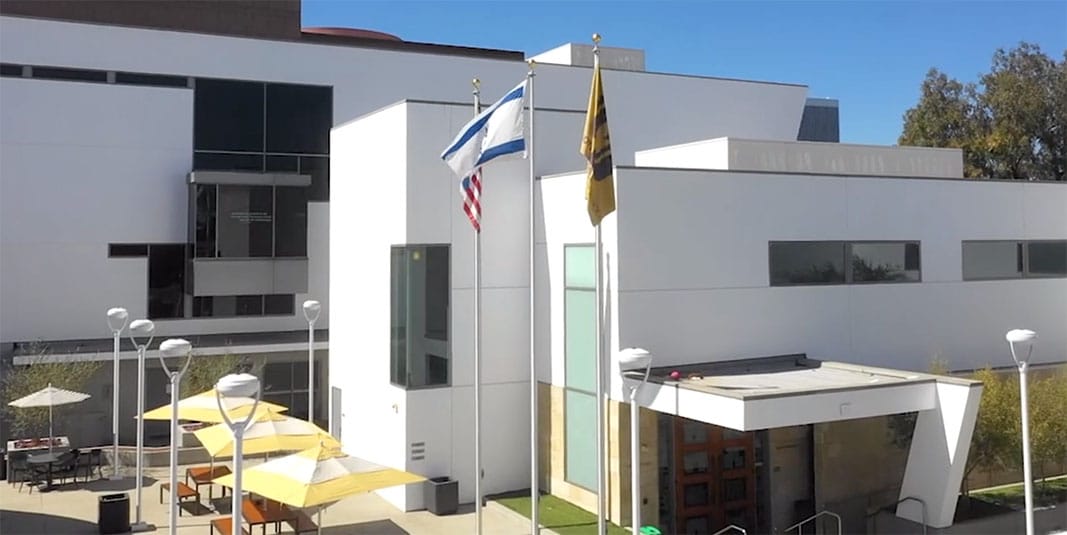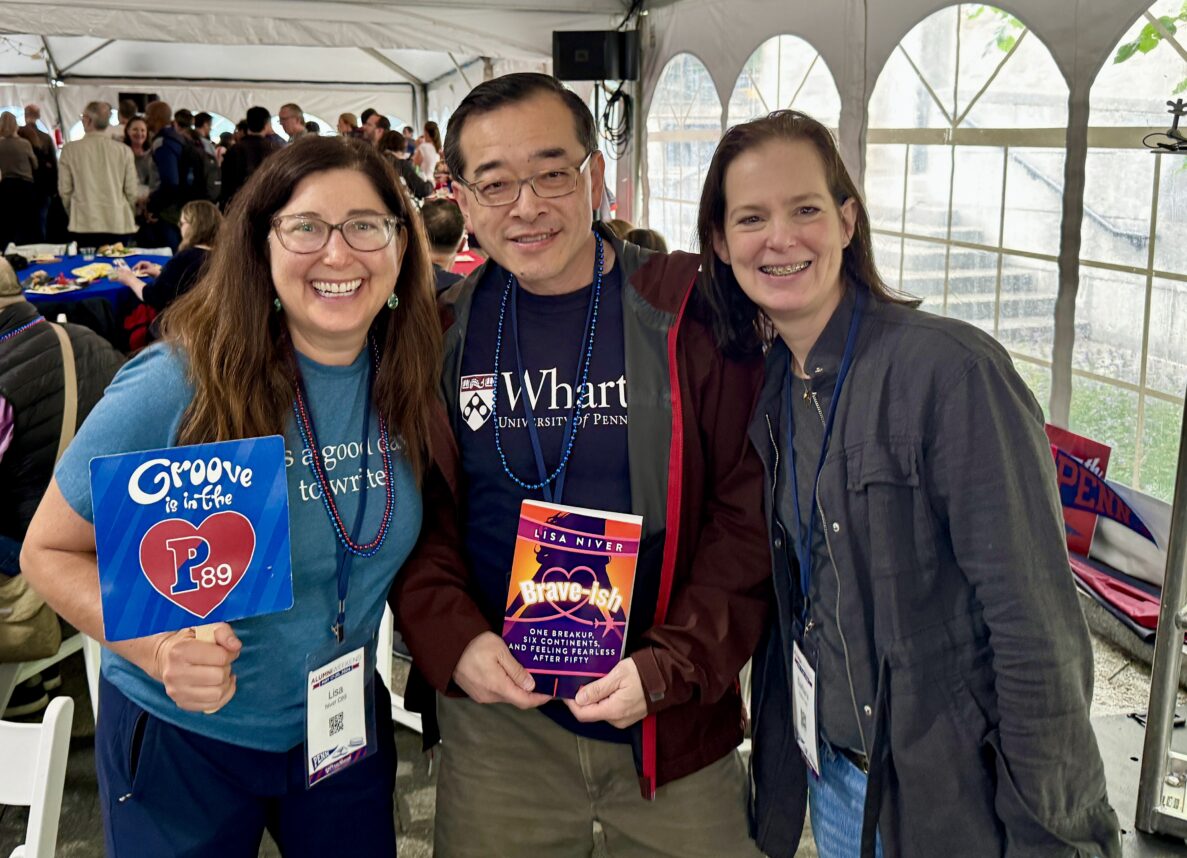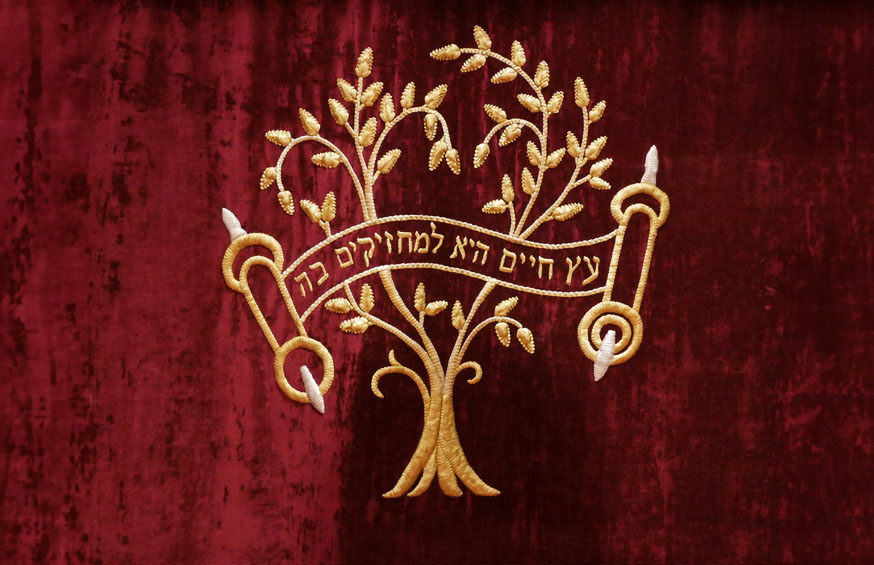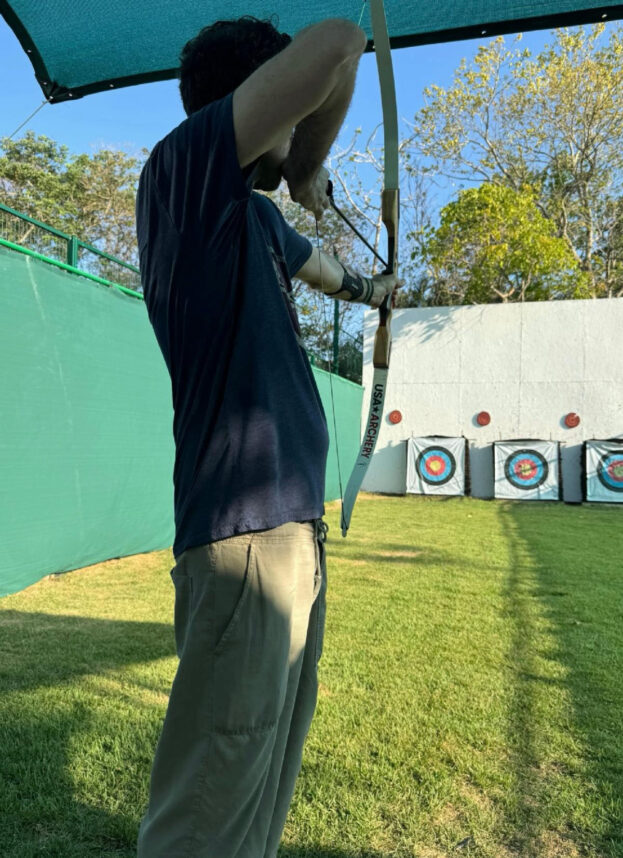I have an uneasy relationship with the idea that God intervenes in my personal life. I do believe I have an intimate, personal relationship with God. I feel it when I daven (on good days), at moments of heightened emotion (of whatever sort), and when I seek His advice on life’s tough decisions. At the same time though, I shy away from the presumption or even the conjecture that something has happened to me because God directly willed it to happen. In particular, I balk at the popular religious notions that seemingly coincidental events in life are in fact not coincidental, and that seemingly random occurrences are in fact expressions of Divine intervention. I guess I remain unconvinced that our classic Jewish texts support – or even allow for – this degree of Divine micro-intervention. And then there’s that whole messy business of selectivity, through which we consciously choose to ascribe some coincidences to God (usually the good ones), and others to bad luck (usually the unfortunate ones).
Two weeks ago, my family and I were out-of-town, visiting with my sister and her family for Shabbat. My sister’s husband had been away for professional reasons for the prior two weeks, scheduled to return on the coming Monday. Friday night, my nephew became ill (he is, thank God well at this point), and my sister immediately dispatched my wife to knock on the door of the family pediatrician, who came right over and immediately called for an ambulance, in which the boy and his mother sped to the hospital. My wife and I of course assumed responsibility for our nieces and nephew (and his friend) who remained behind at home.
As the ambulance pulled away, the pediatrician, who I have learned is a remarkable ba’al chesed (doer of kindness) both within and beyond the Jewish community, expressed marvel at God’s attention and providence. “Had this happened to your nephew last Friday night”, he said, “neither I nor you and your wife, would have been here.” (He himself had been on vacation the previous week.) “At most”, he continued, “we see the world from 10 feet up. But God sees the view from 10,000 feet.” I was deeply touched and emotionally moved by his observation and his words. But I also knew that I didn’t have any theological file into which they would neatly fit.
As I reflected on all this however, I recognized that there have of course been dozens and dozens of these kinds of events in my life – of both the fortunate and unfortunate varieties – and that I have never simply dismissed them as “coincidences” and just dropped them. Rather, even while having no idea at all whether these were or were not Divine interventions, I have nonetheless chosen to experience them as if they were. Believing, as a matter of faith, that God is beneficent, I have chosen to express gratitude to God after the fortunate “coincidences”, and following the Gemara’s teaching, have chosen to examine my deeds following the unfortunate ones. The expressions of gratitude have invariably led to a renewed energy in the way that I extend kindness and beneficence to others. And the introspections have led to personal re-commitment to mitzvot, and to my becoming even more vigilant about not harming others with my words or with my deeds.
For me at least, this is a profound and deeply authentic Jewish religious way to respond to the strange and remarkable twists that our lives take. It is not the same as presuming Divine micro-intervention, something which my personal religious constitution does not allow me to wholly embrace. But it is also not the same – not nearly! – as simply ignoring these kinds of events. It is a different way. A way that makes sense to me, and maybe is helpful to you.






















 More news and opinions than at a Shabbat dinner, right in your inbox.
More news and opinions than at a Shabbat dinner, right in your inbox.